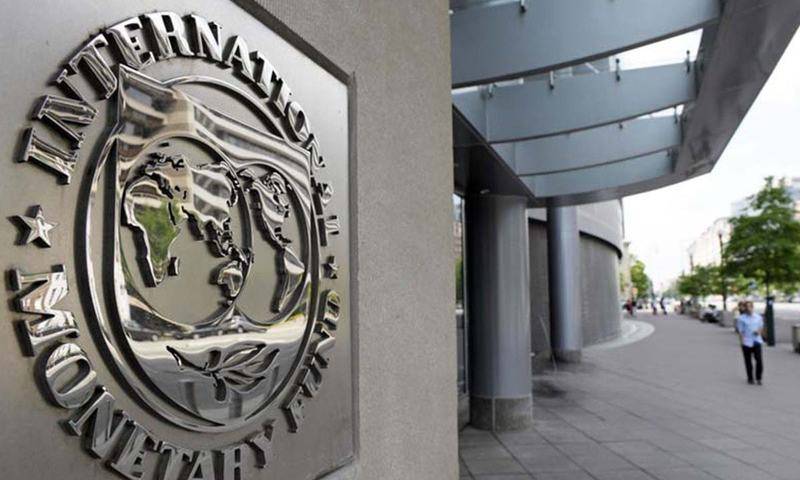Pakistan's economy: IMF warns of challenges
Shares

WASHINGTON: The International Monetary Fund projected on Wednesday that Pakistan’s growth will moderate to 4.7 per cent in fiscal year 2019 from 5.6pc in 2018.
In its regional economic outlook update for the Middle East, North Africa, Afghanistan and Pakistan (MENAP) region on Wednesday, the IMF notes that “an increase in macroeconomic vulnerabilities and domestic policy slippages have weakened Pakistan’s economic outlook, with growth now projected to moderate to 4.7pc in FY19”.
In January, the IMF said it expected growth in Pakistan to pick up in 2018-19. The government has targeted 6.2pc growth for next year in its latest budget.
Contrary to the govt target of 6.2pc growth for next year, the Fund says it is likely to be 4.7pc
The report credits improved energy supply, investment related to the China-Pakistan Economic Corridor, and strong credit growth for the raise in Pakistan’s growth to an estimated 5.6pc in the outgoing FY18, from 5.3pc last year.
The report, however, places Pakistan among the countries where “delays in implementation or completion of structural reforms and political and policy uncertainty” continue to weigh on growth. Besides Pakistan, Jordan, Morocco, Tunisia and Lebanon are also placed in this category.
Pakistan is also placed among the countries where upcoming elections and a more challenging political environment could slow the reform process.
“A high perception of corruption and lack of transparency in some of these countries could not only affect macroeconomic outcomes directly, reducing investment and productivity, but could also heighten social tensions and hinder reform,” the IMF warns.
The report notes that some countries in the MENAP region are slowly taking steps to improve governance and transparency while additional efforts are also being made to bolster the business environment, with Pakistan recently strengthening its bankruptcy framework.
After three years of decline, exports of MENAP oil-importing countries grew by 6.4pc in 2017 and are projected to accelerate by 8.4pc in 2018 and 8.6pc in 2019.
In Pakistan, Egypt and Tunisia, this was largely due to improved external demand and greater exchange rate flexibility while Pakistan also benefited from a pickup in cotton prices.
